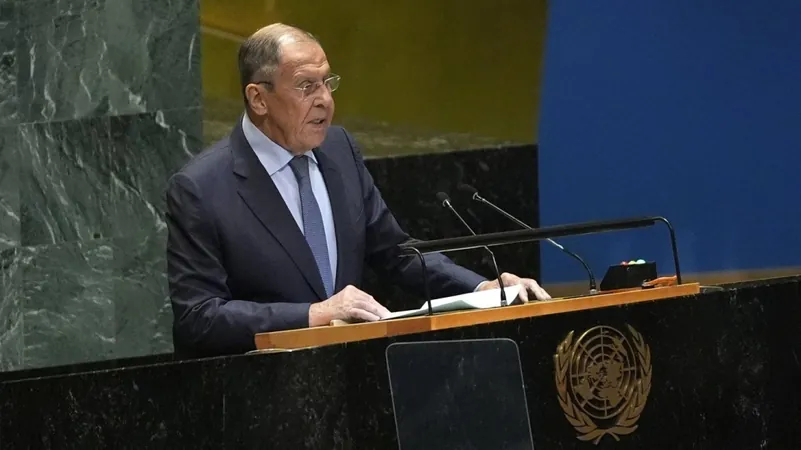
Russia's Nuclear Threats Escalate at UN Assembly: A Dire Warning to the West
2024-09-28
Introduction
In a recent address to the UN General Assembly, Russia's Foreign Minister Sergey Lavrov issued stark warnings about the dangers of conflict with a nuclear power, as tensions between Russia and Western nations continue to rise over the ongoing war in Ukraine. Lavrov’s speech, laden with criticisms of Western influence and tactics, came just days after President Vladimir Putin hinted at a significant shift in Russia's nuclear strategy, raising alarm about the country's readiness to employ its nuclear arsenal.
Accusations Against the West
Lavrov accused the West of manipulating the Ukraine conflict to undermine Russia, claiming they are recklessly leading Europe into a "suicidal escapade." He made it clear that any attempt to achieve victory against a nuclear power like Russia could have catastrophic consequences. "I won’t delve into the senselessness and danger of trying to confront a nuclear nation and expecting to emerge victorious," Lavrov stated.
Military Aid From the U.S.
Amid escalating military aid from the U.S., which recently pledged an additional $2.7 billion to Ukraine, Lavrov expressed skepticism regarding the West's support, particularly concerning the provision of long-range weapons. This military assistance does not include the types of advanced arms that Ukrainian President Volodymyr Zelenskyy has requested for a more robust offensive against Russian forces.
Nuclear Threats and Responses
The looming threat of nuclear engagement has consistently overshadowed the war, which began with Russia’s invasion of Ukraine in February 2022. Notably, just before the invasion, Putin emphasized Russia's status as a leading nuclear power and had placed its nuclear forces on high alert, signaling a readiness to respond to perceived threats. In his latest rhetoric, Putin indicated that any attack on Russia from a country allied with a nuclear state would be viewed as a collective aggression, potentially justifying a nuclear response in the face of what he deems critical threats to Russia's sovereignty.
International Reaction
The U.S. and European Union swiftly condemned Putin’s remarks as "irresponsible," highlighting the peril that such threats pose to global stability. While these statements hung in the air, the U.S. did not publicly react to Lavrov's address, with only a junior diplomat present at the assembly taking notes.
Ongoing Conflict in Ukraine
As the conflict in Ukraine enters its third year, Russia has made some incremental gains in the eastern part of the country; however, Ukraine continues to challenge these advancements with missile strikes and daring cross-border operations. President Zelenskyy has advocated for a peace plan that includes the withdrawal of Russian troops and accountability for war crimes, though Lavrov dismissed these proposals as unrealistic ultimatums.
Peace Initiatives
In a contrasting development, Brazil and China are proposing a peace initiative that emphasizes diplomacy and restraint to avoid further escalation in the conflict. Backed by several nations primarily from Africa and Latin America, this "friends for peace" group aims to facilitate dialogue between Ukraine and Russia without heightening military tensions.
Russia's Position on Diplomatic Solutions
Lavrov indicated Russia's willingness to assist in these discussions, provided that any proposed solutions acknowledge the underlying issues—such as the perceived persecution of Russian speakers in Ukraine and NATO's eastward expansion, which Moscow views as a direct threat to its national security.
Conclusion
As the international community grapples with these tensions, the stakes are rising, and the consequences of miscalculations could be dire. The question remains: Will global diplomacy prevail, or are we on the brink of a broader conflict fueled by nuclear threats?


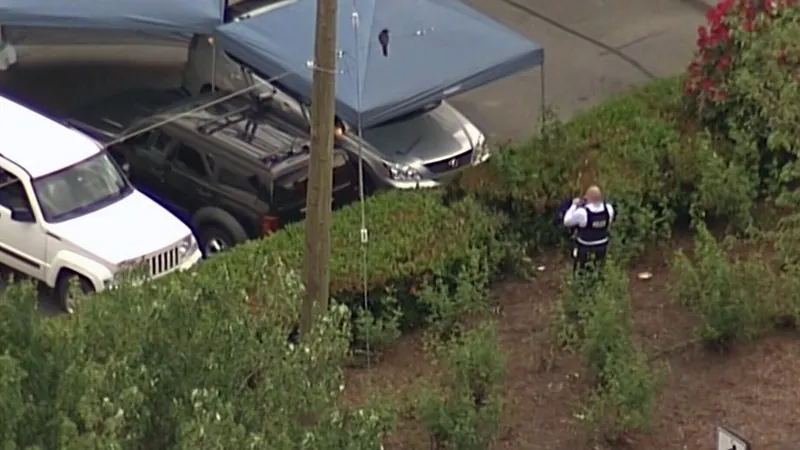
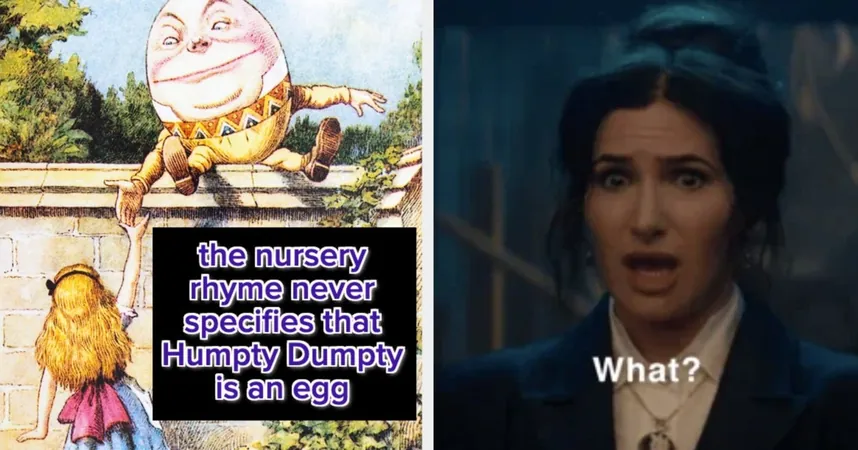
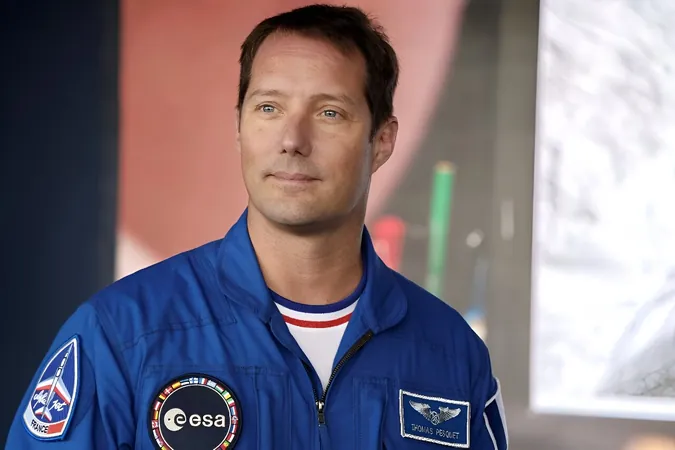
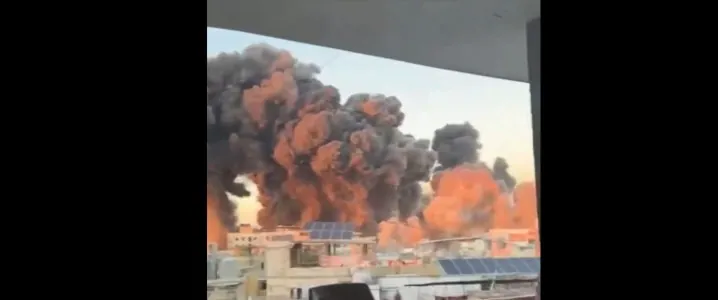
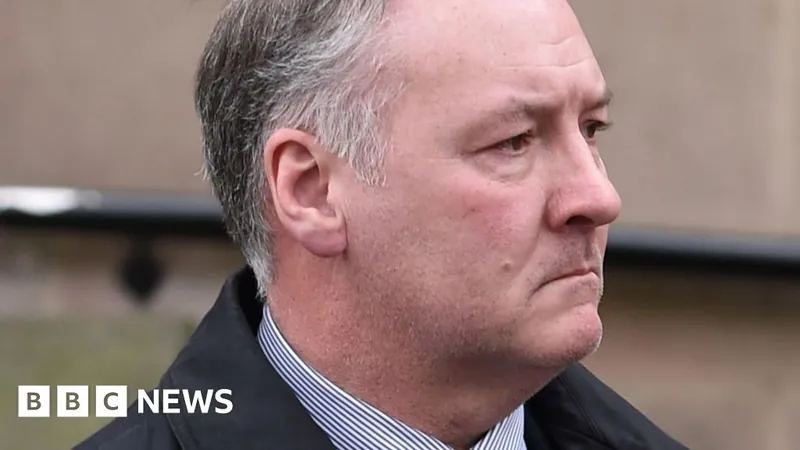
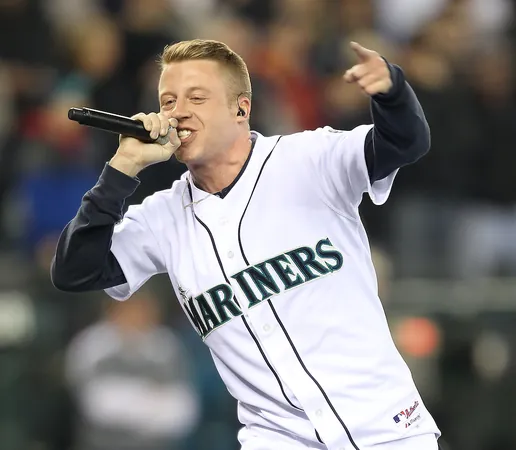
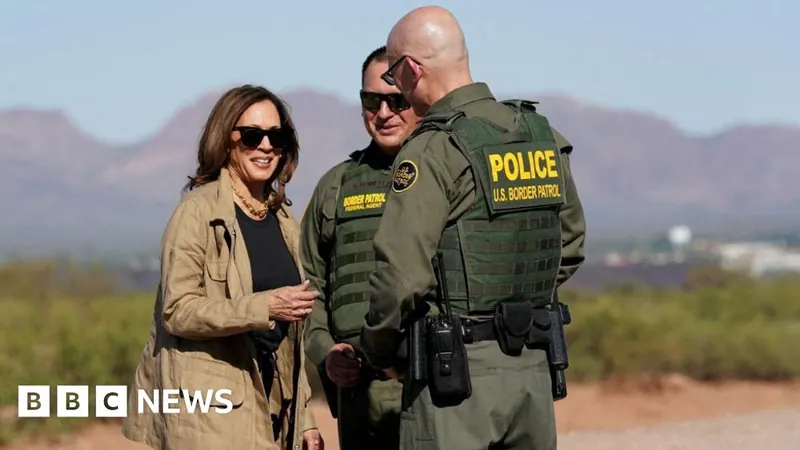
 Brasil (PT)
Brasil (PT)
 Canada (EN)
Canada (EN)
 Chile (ES)
Chile (ES)
 España (ES)
España (ES)
 France (FR)
France (FR)
 Hong Kong (EN)
Hong Kong (EN)
 Italia (IT)
Italia (IT)
 日本 (JA)
日本 (JA)
 Magyarország (HU)
Magyarország (HU)
 Norge (NO)
Norge (NO)
 Polska (PL)
Polska (PL)
 Schweiz (DE)
Schweiz (DE)
 Singapore (EN)
Singapore (EN)
 Sverige (SV)
Sverige (SV)
 Suomi (FI)
Suomi (FI)
 Türkiye (TR)
Türkiye (TR)